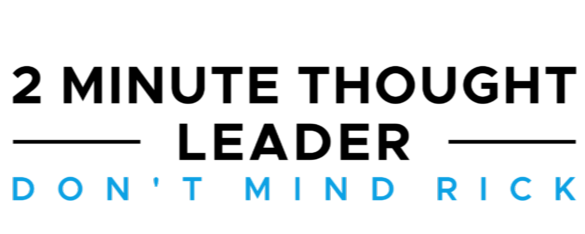Five books to start the year with
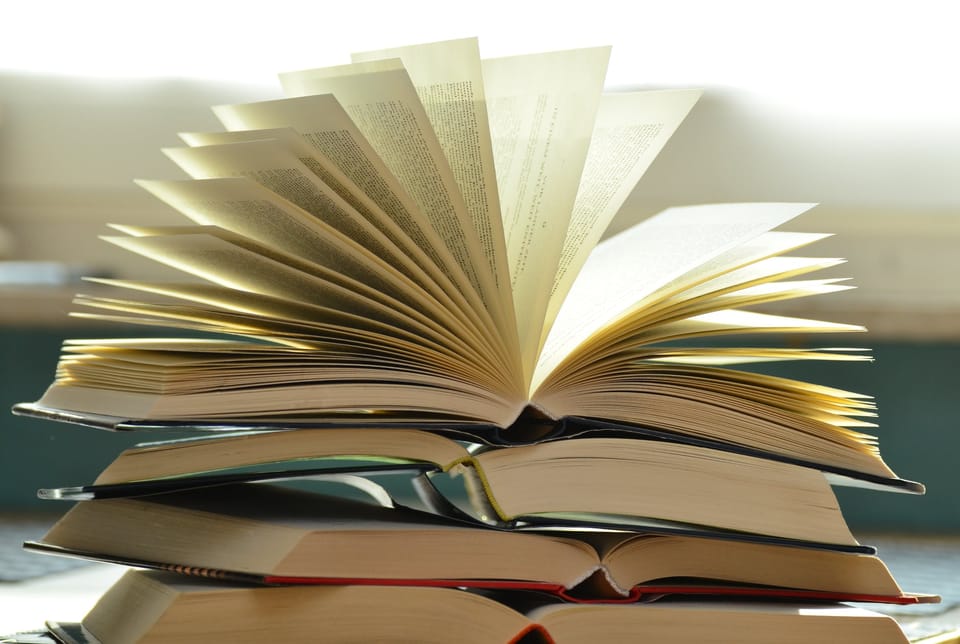
Most of the books I picked last year were books I read before and gave a five-star rating on Goodreads, and I wanted to see if they were still good.
Some of them did not survive their rating and were challenging books to read again. Of course, there were plenty of books that were still great. And some books jumped the line because they came out, and I wanted to read them right away.
If you are looking for books to read this year, here are a few I would recommend:
The Antidote: Happiness for People Who Can’t Stand Positive Thinking
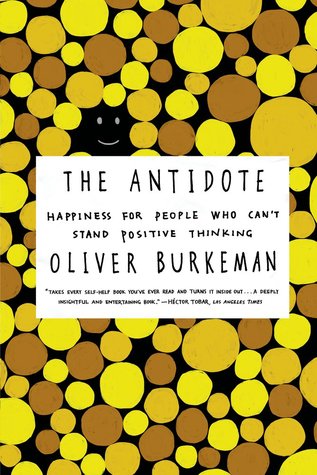
This book is a casual and very informative read. It takes you through many activities and methods that should cause happiness but most likely do not. However, it is not about highlighting the charlatans (many). It also comes with a good exploration of what happiness can look like and how to get there.
‘There are lots of ways of being miserable,’ says a character in a short story by Edith Wharton, ‘but there’s only one way of being comfortable, and that is to stop running around after happiness.’
Oliver Burkeman
Never Split the Difference
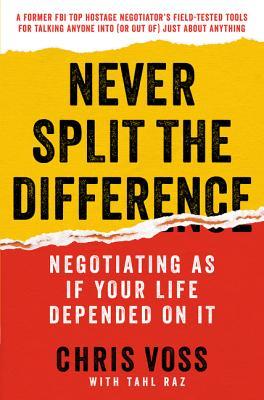
You are constantly negotiating. And even though this book is written by Chriss Voss, a former hostage negotiator from the FBI, this book will be helpful for you even when you do not have to negotiate for hostages. The book has a healthy mix between theory and stories. It is close to applying the ideas you just learned in the stories that follow.
Negotiation is a game, not a competition. It is about planting information, not about making demands. Keep in mind: as soon as people want to talk with you, you have something they want.
Research shows that the best way to deal with negativity is to observe it, without reaction and without judgment. Then consciously label each negative feeling and replace it with positive, compassionate, and solution-based thoughts.
Chris Voss
Legacy: What the All Black can teach us about the business of Life
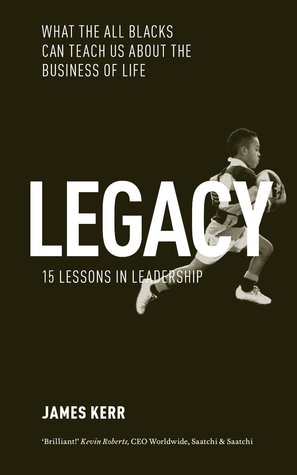
The All Blacks are the most successful sports team ever. They not always were. This book shows how the combination of sports, Maori heritage and modern leadership theory built one of the best teams. Every paragraph you read, you learn.
My favourite concept is “the jersey” when you are invited to join the All Blacks, your job (amongst many) is to leave the jersey in a better place. You are a steward of cultural legacy.
Sweep the Sheds Never be too big to do the small things that need to be done. —— Kāore te kūmara e whāki ana tana reka. The kūmara (sweet potato) does not need to say how sweet he is.
James Kerr
Think Again
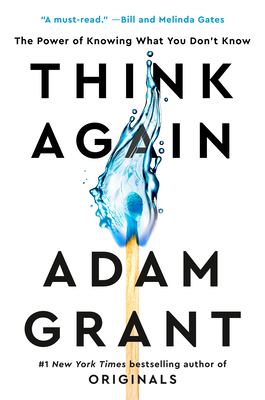
Whenever Adam Grant has a new book, I read it. It is a bit fanboyish, but I love how he combines a very scientific approach and science-backed style of argumentation with a very casual way of bringing the content.
This book is about the thing we do least: rethinking. We can be wrong, but we seldom revisit that we can be wrong. The purpose of learning is not to affirm our beliefs. It’s to evolve our beliefs. Reading this book in combination with “Never Split the Difference”, “Noise”, “Catalyst”, and “How to decide” will increase your view on how to think, rethink and decide enormously.
Remember:
The first rule of the Dunning-Kruger club is you don’t know you’re a member of the Dunning-Kruger club.
Adam Grant
Noise: A Flaw in Human Judgement
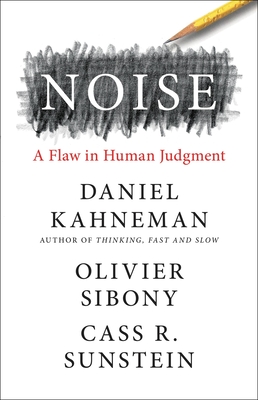
Why are we so inconsistent. Presented with the same information, judges, doctors, and inspectors make different decisions. Even the same person makes other decisions when the same situation happens twice.
It is not as a heavy read as “Thinking, fast and slow”, though it still gives you a lot to think about. Do not expect a clear list with five things you can do to eliminate noise. Do expect an overview with scientific research on why noise exists and how it is created, and what you can do to minimize it.
Handwashing does not prevent all diseases. Likewise, decision hygiene will not prevent all mistakes. It will not make every decision brilliant. But like handwashing, it addresses an invisible yet pervasive and damaging problem. Wherever there is judgment, there is noise, and we propose decision hygiene as a tool to reduce it.
Daniel Kahneman, Olivier Sibony, Cass Sunstein
